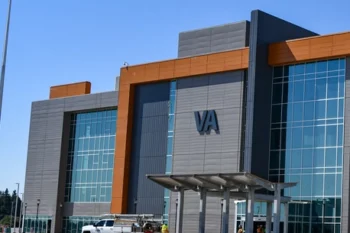
Who Can Use the Supreme Court’s Rudisill Decision for More GI Bill Benefits
Learn who can use the Supreme Court’s Rudisill decision for more GI Bill benefits and how it affects veterans with multiple service periods.

Learn who can use the Supreme Court’s Rudisill decision for more GI Bill benefits and how it affects veterans with multiple service periods.

Explore the question: Is the VA limiting mental health care? Insights on current VA policies and veteran services.

Understand the TRICARE Transitional Assistance Management Program (TAMP) and its benefits for separating service members.

Explore VA Geriatrics and Extended Care Services and discover how they support veterans’ independence and quality of life.

Discover the Local Veterans’ Employment Representative, or LVER. This network of support programs helps Veterans seeking employment after their military service. Learn more.

Discover how the VA’s Specialty Care Services provides next-level treatment for health conditions requiring more than routine management. Learn more.

The VA offers Primary Care healthcare services for veterans to provide consistent, coordinated care across a patient’s full health needs. Learn more.

The Virginia Attorney General alleges the VA is ignoring a Supreme Court Order allowing veterans to use both the Montgomery and Post-9/11 GI Bills. Learn more.

The ACES Act has been passed and a new independent federal study will try to determine if military pilots have a higher risk of cancer. Learn more.

Approximately 2,000 lawsuits were filed against the federal government related to decades of contaminated drinking water at Marine Corps Base Camp Lejeune. The first Camp Lejeune contaminated drinking water lawsuit was launched in 2009, and at the time of this writing, there are more than 15 medical issues presumed to be associated with living at the installation during the affected dates. Learn more.